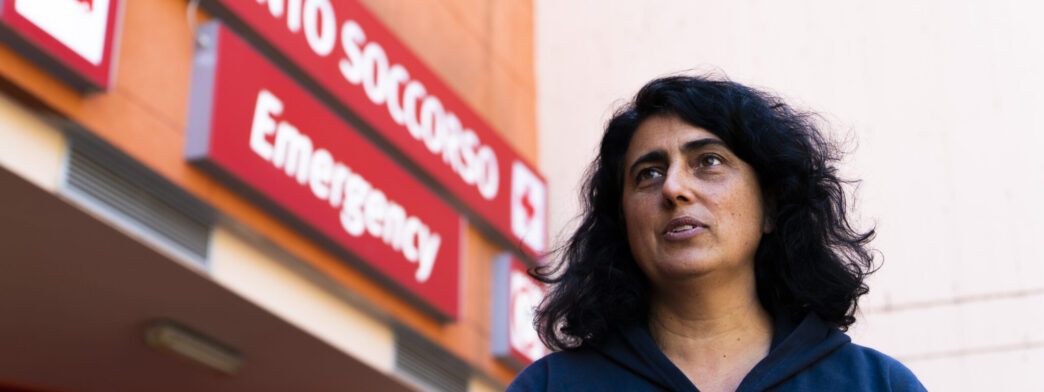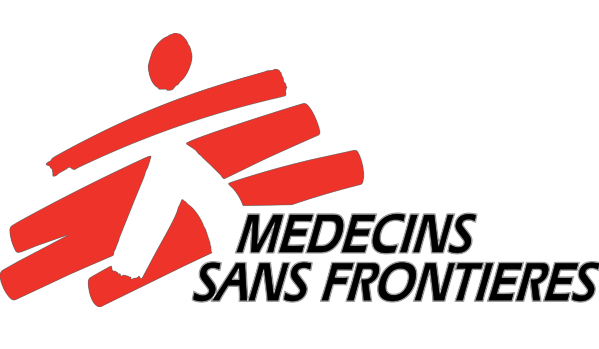Médicins Sans Frontières on frontline of COVID-19 response
March 24, 2020

Our partner Médicins Sans Frontières (MSF), the international medical humanitarian organisation, is responding to the COVID-19 pandemic in Europe and around the world. Since the beginning of the outbreak, MSF teams have been providing trainings and mental health support to health and social workers in Hong Kong.
In Italy, the country second-most affected after China, MSF is supporting four hospitals at the epicentre of the outbreak in the north of the country. Teams are supporting infection prevention and control as well as patient care.
In Iran, Afghanistan, Kyrgyzstan and other countries where MSF works, they have contacted authorities to assess their needs, offer support and provide guidance when requested.
In France, Belgium and Switzerland they are planning to help provide care and implement prevention measures for people who are especially vulnerable, such as homeless people, migrants and unaccompanied minors.
In Spain, MSF is advising the Ministry of Health on developing models to expand the capacity of hospitals as well as identifying venues where new hospitals can be set up.
Despite the travel and shipping restrictions all over the world, MSF teams in the field continue to work to ensure the continuity of the emergency and regular projects while implanting new bio-security measures to adapt their response.
Need for cooperation
As the number of people with COVID-19 continues to rise rapidly across many countries in Europe, there is a worrying shortage of essential medical supplies. This includes personal protective equipment, such as face masks, to protect healthcare staff.
Dr Claudia Lodesani, President of MSF in Italy, who is leading the MSF COVID-19 response in the country, said: “Health workers are overwhelmed, coping with up to 80 ambulances per day, with dramatic shortages of protective equipment that puts them at great risk. Every day we are receiving new calls for help, for more staff, for more supplies.”
MSF has urged EU leaders to foster cooperation between states to avoid the stockpiling of supplies. MSF is also calling for assistance to be offered across borders to protect healthcare workers who are the collective first line of response against the virus.
People affected by conflict
MSF is very
concerned how the pandemic will affect people in countries with already fragile
health systems. They are particularly concerned about how COVID-19 might affect
people living in precarious environments such as refugee camps in Greece or
Bangladesh, or people affected by conflict in Yemen or Syria.
In these situations, people are living under often unhygienic and overcrowded
conditions. They may find it more difficult to follow the recommended
preventive measures and face obstacles to access healthcare.
Unrestricted funding
“We stand alongside MSF as they work around the clock to provide vital medical aid and support countries in responding to this extremely challenging situation,” said Per Heggenes, IKEA Foundation CEO.
“We have supported MSF for many years and believe in the incredible work they do. In 2018, we granted MSF €21 million in unrestricted funding over three years to provide healthcare to the people who need it most.”
This unrestricted funding helps MSF provide primary healthcare and distribute relief items. To provide those services, MSF needs immediate access to funding they can use in any situation, anywhere, without having to first explain to a funder why they need the money.







